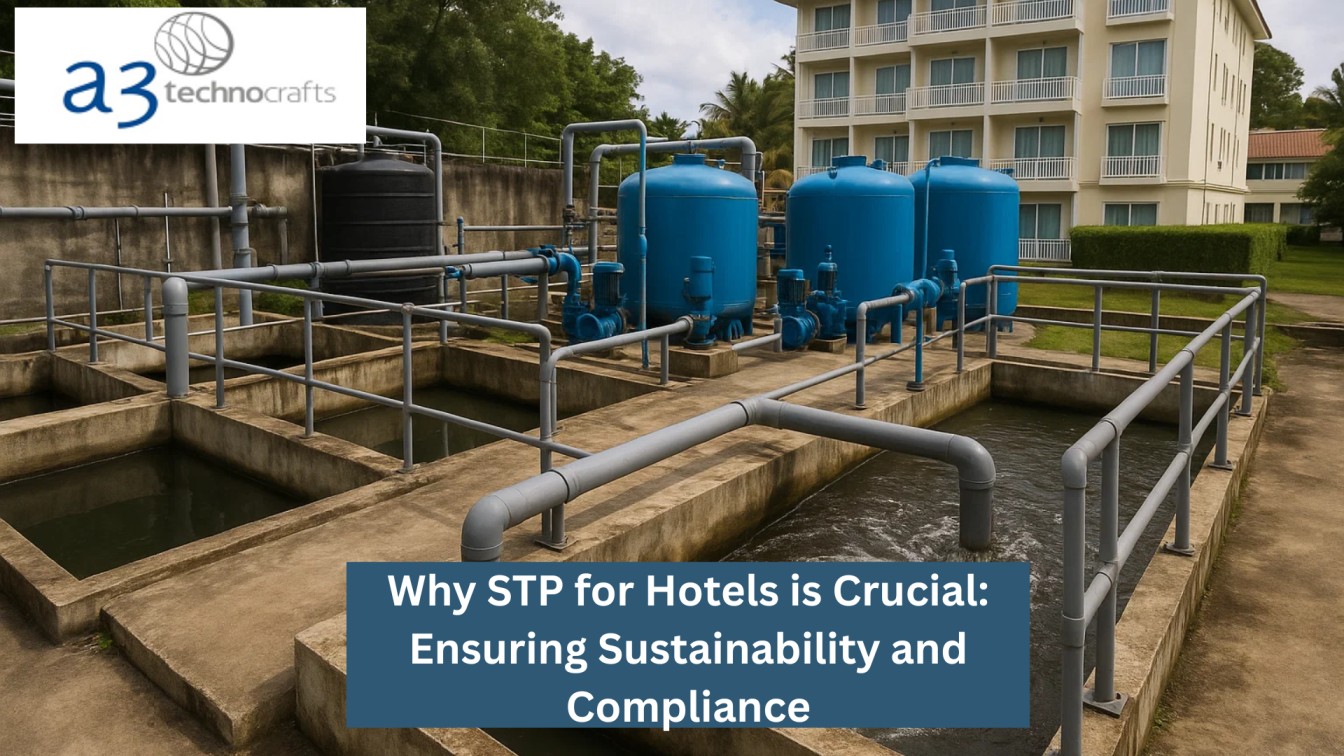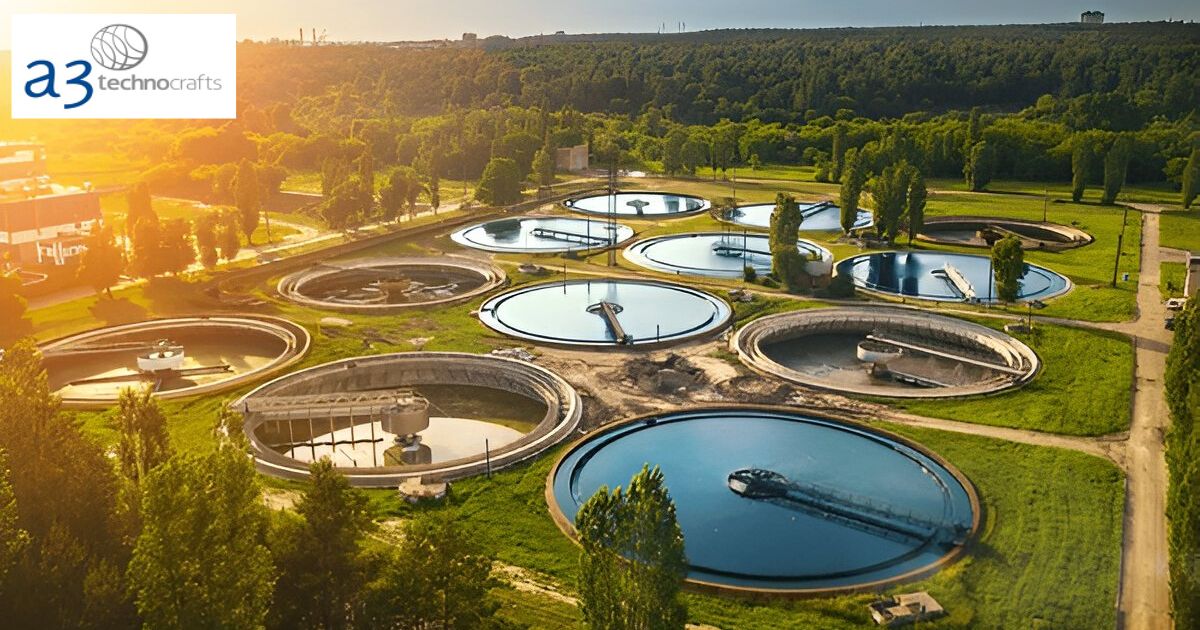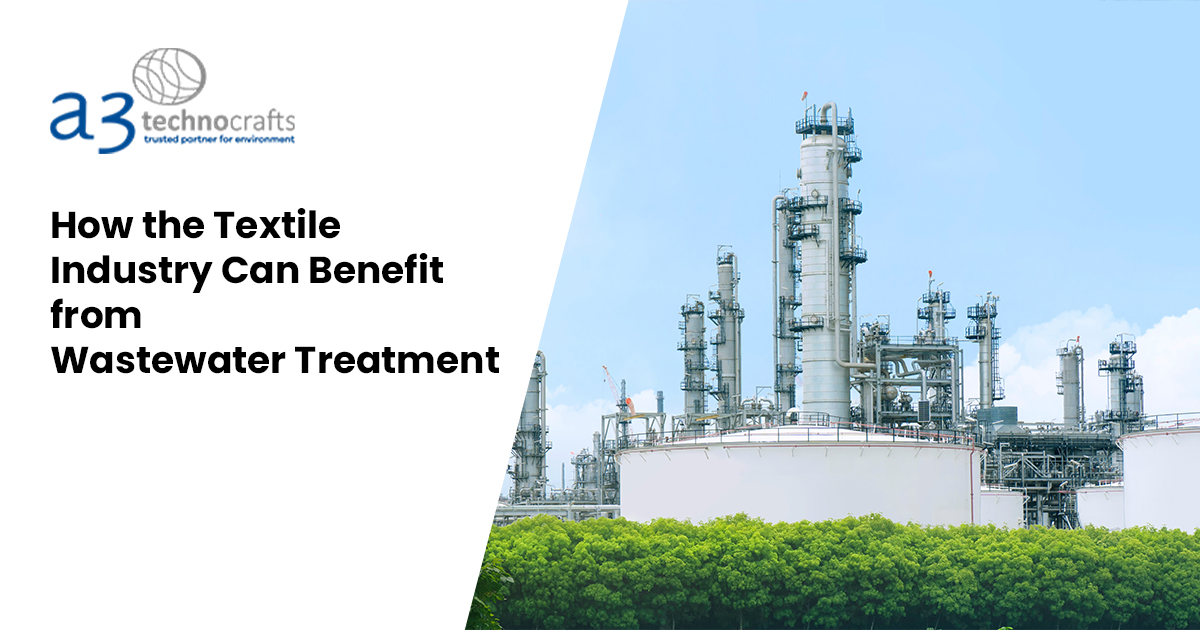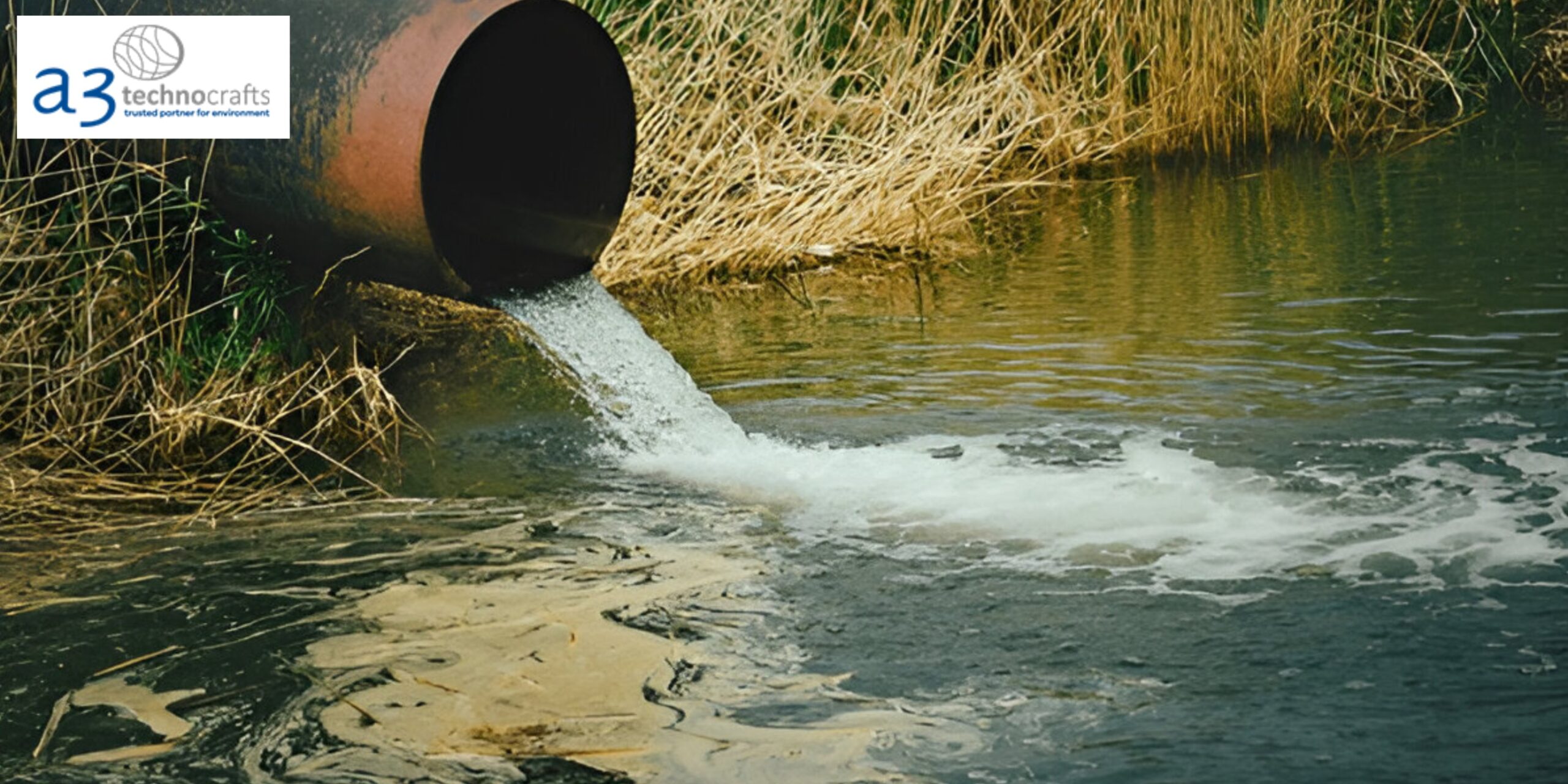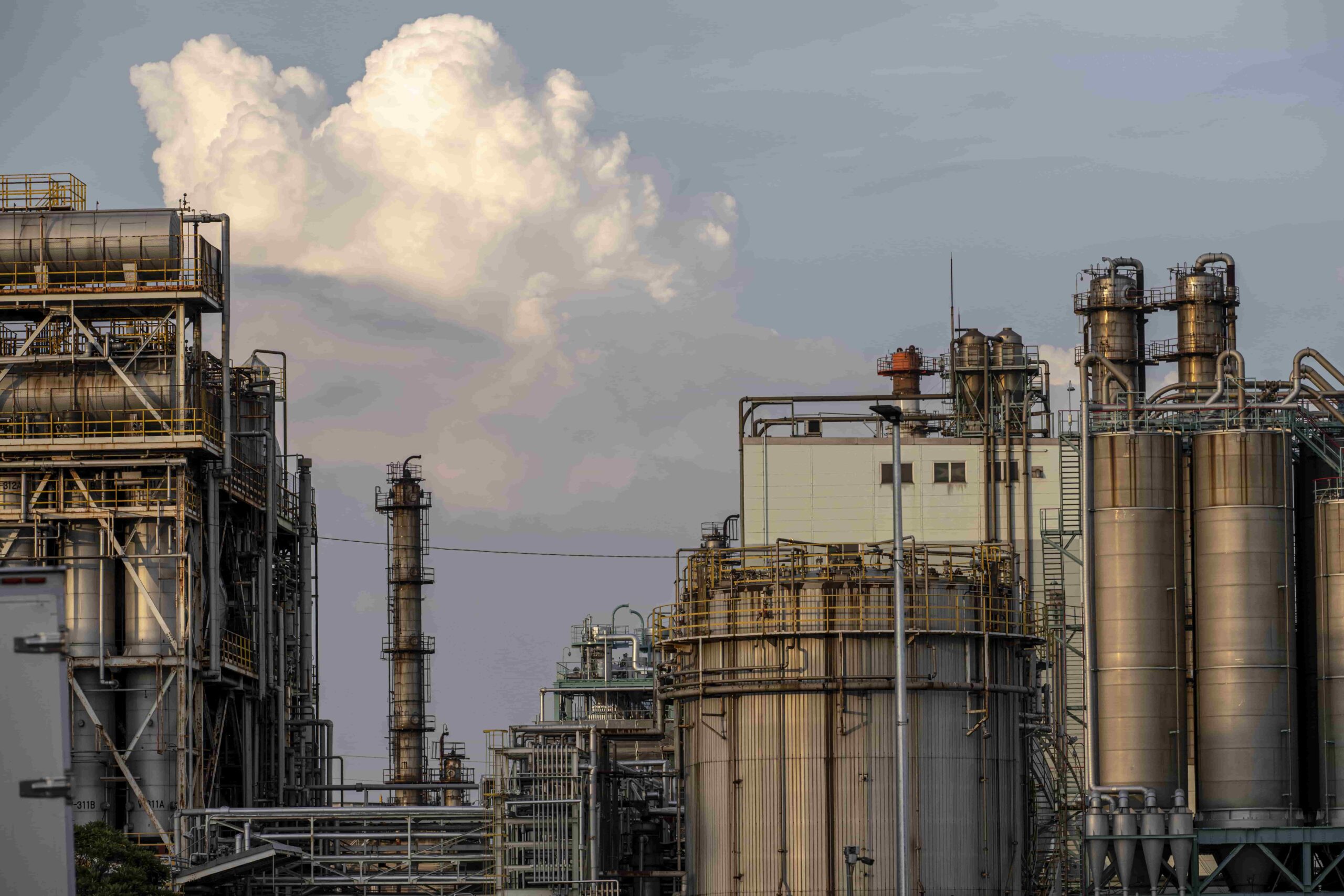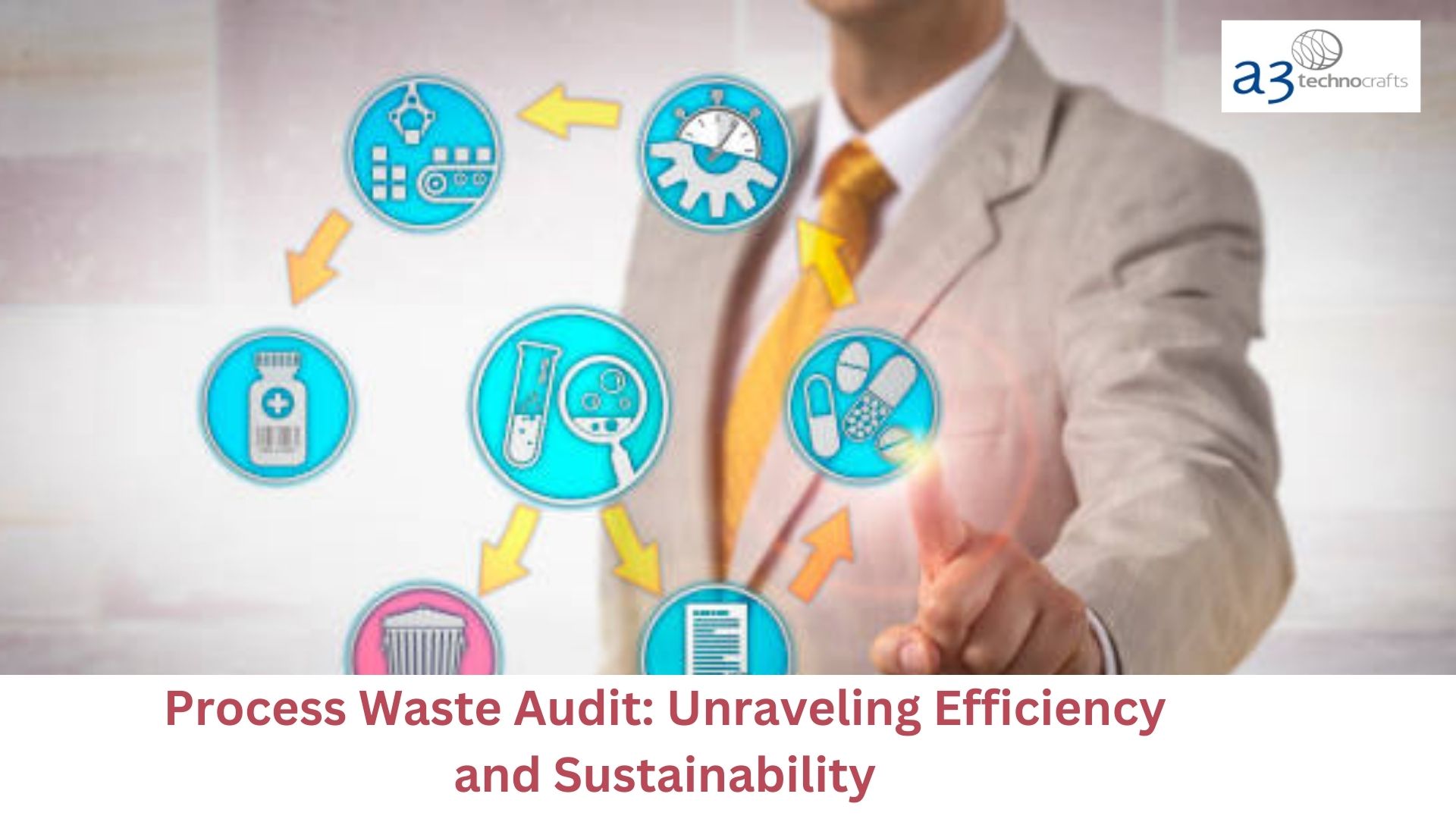In the hospitality industry, sustainability has moved from being an option to a necessity. With increasing concerns over water pollution, regulatory compliance, and environmental responsibility, the installation of a sewage treatment plant for hotels has become a critical aspect of hotel infrastructure. A3 Technocrafts, a leading name in environmental solutions, offers advanced STP systems tailored specifically to meet the demands of modern hospitality establishments.
Understanding STP and Its Role in Hotels
A sewage treatment plant for hotels is designed to treat and purify wastewater generated from daily hotel operations—laundry, kitchens, bathrooms, and general cleaning. The treated water can be safely discharged into the environment or reused for non-potable purposes such as gardening, flushing, or cooling towers.
Hotels, regardless of their size, produce a significant amount of wastewater daily. Without proper treatment, this wastewater can harm the environment and lead to heavy penalties due to non-compliance with pollution control norms. A well-functioning STP not only helps in water conservation but also enhances the overall hygiene and operational efficiency of the hotel.
Why Hotels Need a Sewage Treatment Plant
Regulatory Compliance: Governments and environmental bodies have made it mandatory for hotels to treat their wastewater before releasing it. An STP ensures adherence to these laws and prevents legal issues.
Sustainability Goals: Many hotels are moving towards green certifications and eco-labels. Having a dedicated STP aligns with these sustainability objectives and strengthens their commitment to environmental responsibility.
Cost-Effectiveness: Reusing treated water significantly reduces the dependency on municipal water supplies, cutting down operational costs over time.
Brand Image: Today’s eco-conscious travelers prefer hotels that demonstrate environmental responsibility. Investing in an STP enhances a hotel’s brand value and public image, making it a preferred choice for environmentally aware guests.
A3 Technocrafts: Delivering Efficient STP Solutions
A3 Technocrafts offers compact, modular, and energy-efficient STP systems designed specifically for hotels. Their solutions are tailored based on hotel size, occupancy rates, and local environmental guidelines.
Key features of A3 Technocrafts’ STP systems include:
Advanced MBBR and SBR technologies
Low maintenance and energy consumption
Odour-free operation
Compact footprint suitable for urban spaces
Remote monitoring and automation options
These systems not only ensure the safe disposal of sewage but also support hotels in achieving long-term sustainability.
Customized Solutions for Every Hotel Type
Whether it’s a boutique resort, a business hotel, or a large luxury property, A3 Technocrafts understands that each hotel has unique wastewater management needs. That’s why their STP solutions are fully customizable—right from capacity and design to automation level and installation layout. Their team conducts a thorough assessment of the property and provides tailored recommendations that ensure optimal performance, space efficiency, and long-term durability. This flexibility makes A3 Technocrafts a trusted partner for hotel chains and independent establishments alike.
Benefits of Installing an STP from A3 Technocrafts
Compliance with CPCB norms
Improved environmental footprint
Increased water reuse efficiency
Easy integration with existing plumbing
Expert after-sales service and support
Final ThoughtsIn today’s world, it’s no longer just about compliance—it’s about being a responsible player in the hospitality sector. A3 Technocrafts ensures that hotels not only meet regulatory requirements but also contribute positively to the environment. By choosing the right sewage treatment plant for hotels, businesses can move towards a cleaner, greener, and more sustainable future—creating value for both the environment and their guests.
